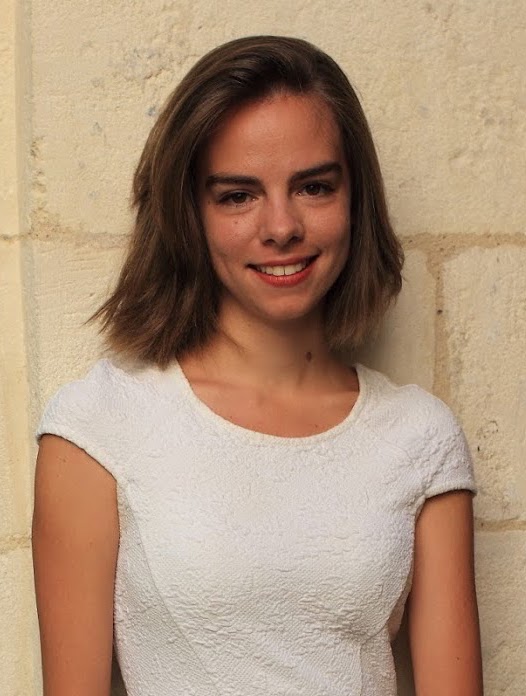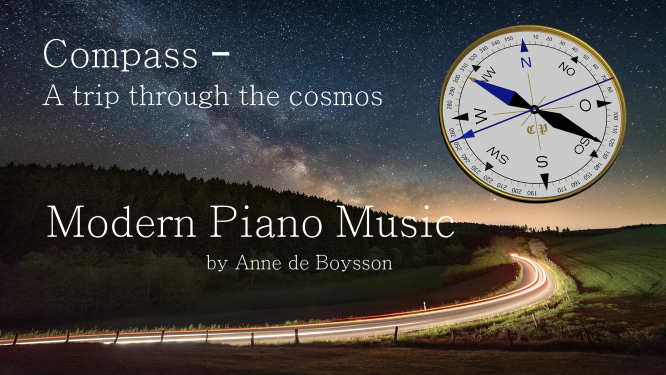About
After a childhood shaped by travels, her parents being itinerants, Anne de Boysson is quickly moved towards composition. She finished her musical studies in piano in 2013 and obtained the same year the 1st prize at the International Competition "Music and Earth" in composition (Sofia, Bulgaria).
In 2014, Anne received a state commission from a quintet for cellos as part of the commemoration of the centenary of the 1914-1918 war. This piece was created at the Great War Memorial in Peronne, in the presence of more than 80 UNESCO ambassadors. Fours years later, she received another state commission from the Army Brass Band, who performed at the annual Gala Concert of the Land Forces in October 2018 (Lille, France).
With an eclectic career, she joined in 2015 the composition class of film music directed by Jean-Michel Bernard in Paris at the conservatory, from which she graduated three years later with honours. As much at home in the classical as the electro while passing by the music of the world, Anne has already composed the music of forty institutional clips, documentaries, short films, participated in film-concerts (in particular with the Cinema Le Balzac in Paris), following her selection at the Master-Class composition of the International Film Festival of Aubagne directed by composer Marc Marder.
Selected at the TRIO residence in 2018, the Music and Cinema Workshop in Moulin d'Andé in 2020, Anne has the chance to be selected also at the International Festival of Aubagne (France), the International Festival of Namur (Belgium) and the Jerusalem Film Festival (Israël) to participate in professional meetings.
Anne de Boysson released in September 2018 her first album entitled Evocation where she performed on the piano her own compositions. This album is introduced by the pianist Junko Okazaki. She regularly performs in France (Embassy of Great-Britain in Paris, Church St-Merry) and abroad (Sicilia, Sardinia) as pianist and composer.
Since January 2019, she daily works as composer and arranger for the MetaMusic American Society. She also performs a lot of arrangements of chamber music for the application Cadenza, created to help professionals musicians for theirs concerts and theirs preparations of international competitions.

